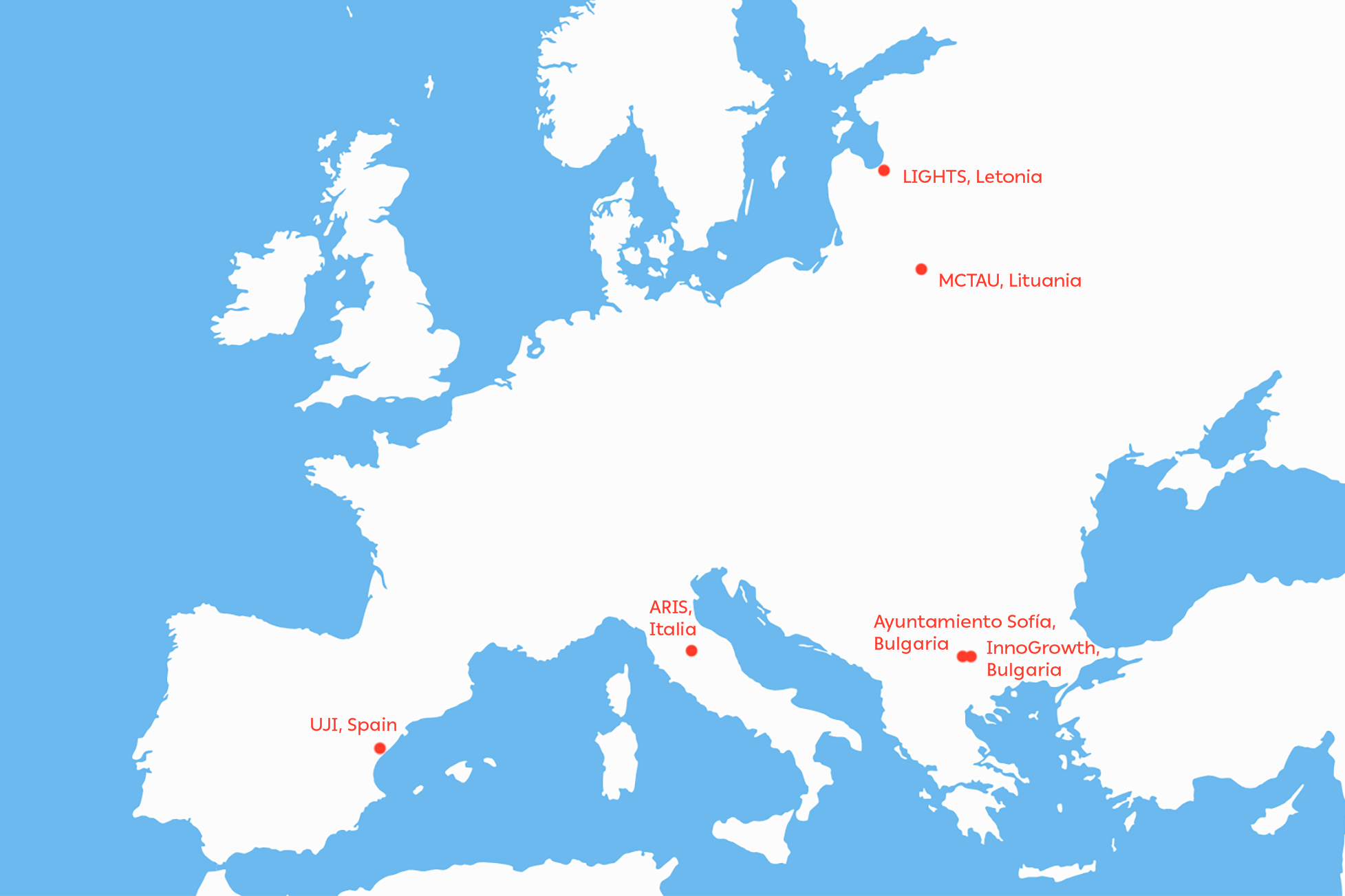The silver economy encompasses economic activities, products and services aimed at meeting the needs of people over 50. It includes both the purchases they make and the economic activity they generate. This concept emerged from the markets of Japan, the country in the world with the highest percentage of elderly people in the population. Under this paradigm, population ageing is an opportunity for society. The European Union is firmly committed to promoting the silver economy.
Within the silver economy market, technological innovation is one of the fundamental pillars. We are talking about, for example, advances in home automation, the internet of things or smart cities. Technological innovation aimed at meeting the needs of the elderly and improving their quality of life is a lever for change with great transformative power. It is in this field that the Chair's directors will contribute their experience to the ARGENTUM network.
By 2025, the contribution of the silver economy market is expected to reach 6.4 trillion euros to GNP and 88 million jobs, according to a recent European Union study.
ARGENTUM
This project aims to contribute to a favourable environment for the development of the silver economy and thus turn the challenge of an ageing population into an opportunity for society as a whole. ARGENTUM is a project financed with Erasmus+ funds from the European Union, within the KA2 Cooperation between Organizations scheme.
In November 2021, the launch of the project and the team that will actively collaborate until the end of 2023 was formalized. Six entities, institutions and companies, including the Universitat Jaume I (UJI) of Castelló, together with the directors of the Chair Cuatrochenta, make up ARGENTUM. All of them have in common their interest in promoting the opportunities that Europe offers to the elderly.

Six organizations from Bulgaria, Spain, Italy, Lithuania and Latvia constitute ARGENTUM.
The team is led by InnoGrowth, a non-profit organization registered in Bulgaria, whose mission is to promote and make innovation accessible in Europe and to establish links between research professionals, the political sector, business and civil society. This organization has a long track record in international and European projects and currently has four active projects. One of the lines of work they promote is to provide the elderly with learning opportunities in areas such as information and communication technologies (ICT) and self-care.
From Bulgaria, the Municipality of Sofia also participates, which in 2020 decided to adhere to the 'Innovative Sofia' plan for the promotion of a smart, digital and technological city.
In Latvia, LIGHTS, a small-medium enterprise established in 2019 with the aim of improving the lives of the elderly, is collaborating. Its services are aimed at providing alternatives to standardized social care for people who have reached retirement age.
The Italian professional training and research centre ARIS, is also part of the ARGENTUM cluster. It has extensive experience in associating with social enterprises and cooperatives to share the knowledge and experience acquired as a common value among its partners. In addition, they develop services for the welfare, care, health, tourism and education of citizens in Italy.

Map with the organisations that make up the ARGENTUM project network
The sixth entity that is part of the consortium is the Medardo Caboto University of the Third Age. It is located in Lithuania and currently has more than 2,500 adult-elderly students. They have great interest and have been actively involved in projects aimed at involving seniors in the digital transition.
ARGENTUM is committed to creating a cluster of companies, services and providers aimed at meeting the needs of the over 50s. Through this cluster, representatives of the seven markets of the silver economy will be involved: information technologies, wellness, health and care, leisure and sports, tourism and education.
All cluster members will be offered training courses to promote good practices in the silver economy sector, such as the inclusion of older people themselves in technological development and innovation in order to take into account their vision and real needs. In addition, training on innovation in social services and support measures for health and active ageing will be promoted. This is expected to have a positive impact on the quality of services for older people.